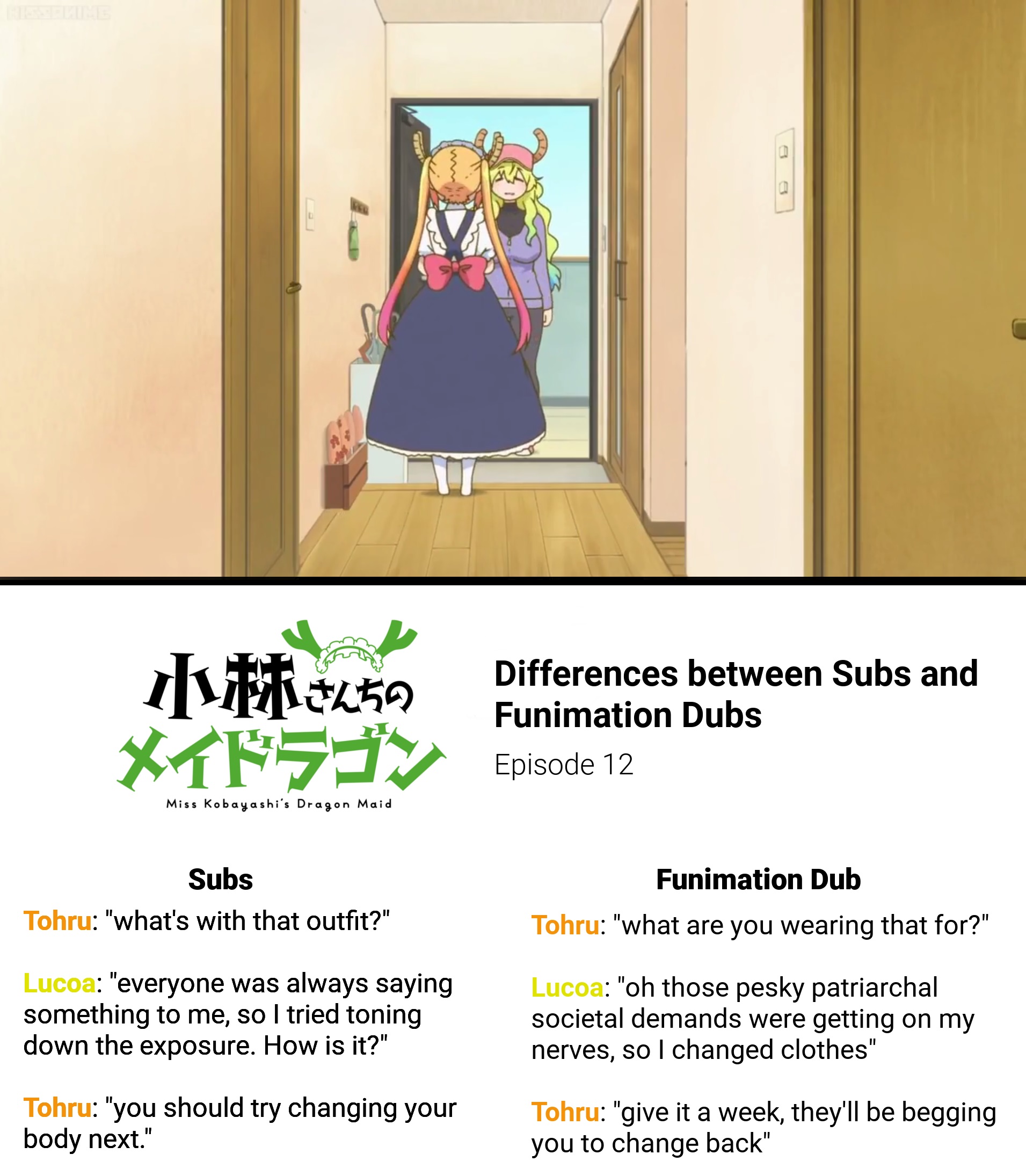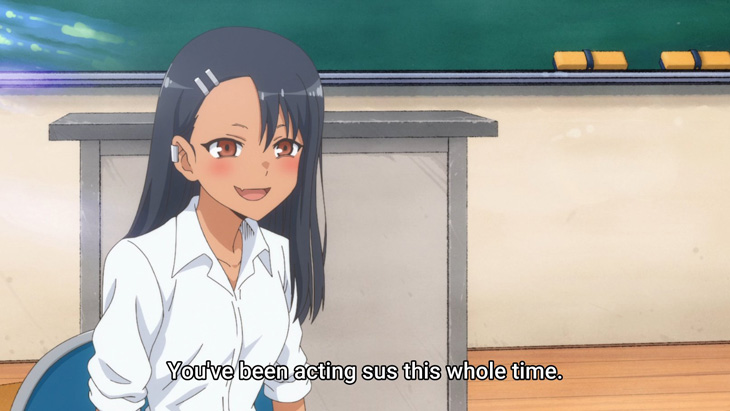
Localization discourse has taken some dramatic turns over the past few months. Critics have been emboldened by the growing normalization of using AI in translation work, especially in commercial products. Meanwhile its defenders have had an easier time deflecting criticism by defending themselves with politics instead of addressing the behavior of localizers. How did it get this bad?
What Happened?
For some perspective, what kicked things off was The Ancient Magus Bride announcing they would do simulpub releases with the power of AI technology (with a human editor!) to quickly translate chapters into English. The existence of a human editor basically meant little would change from a localization standpoint anyways, but this was a flashpoint for both sides of the discourse.
Localization critics are seeing this as a win because machine translation should be more faithful to the original, and perhaps even with a human editor, diminishing the amount of people needed for localization might allow Japanese companies to keep such roles in-house such as what Kadokawa has begun to do.
Meanwhile localization defenders see this as another example of AI taking over “creative” jobs, with some localizers seeing themselves as writers and authors unto themselves. Which is an entirely different debate and representative of current localization discourse being a constant stream of deflection.
Where We Are Now
When I say deflection on both sides, I’m referring to two different things.
First, there’s the AI vs. Human Creativity debate which is only secondary to the issue of localizers changing context and censoring content.
Second, localization discourse has become the latest vector of attack in partisan culture war chicanery.
What critics say is happening, is happening. Localizers can and have abused their positions to push their political positions and alter the meaning of content they’re entrusted with.

“It’s Not Happening, and if It Is That’s a Good Thing”
Localization is inevitably going to change some things. Localization defenders are 100% correct in that Japanese can be difficult to translate 1:1, especially with cultural/niche references, puns, and jokes. Meanwhile critics are also right that a lot of other things can probably be safely machine translated.
The problem is localization defenders have been defending seemingly ideologically motivated changes as a simple quirk of the profession. This obfuscates the conversation because it allows them to put simple style choices on the same level as borderline censorship or outright changing of context.
When you can equate the most egregious changes to the minor stylistic changes of localization work, it becomes easy to shut down critics as ideologically motivated themselves (which some of them are).

Losing Sight of the Issue
Like I said previously, localization has become a culture war proxy with each side becoming a shorthand for a whole list of partisan positions. This is one of the reasons the conversation goes nowhere.
The battle lines have been drawn and anyone touching this issue is being forced to take a side and neither one is going to budge or convince the other because of all the irrelevant issues attached to it. This is especially true for localization critics.
“This translation is woke!”
The issue isn’t when the translation is woke. the issue is when the translation is intentionally WRONG.
Complaining that it’s “woke” might be a convenient way to identify what some critics perceive is the issue, but it detracts from the problem identified earlier: Localizers are abusing their positions to push an agenda. It shouldn’t matter what that agenda is.
By turning the issue of bad localizations into a political one, it’s playing into their hands. There’s people center and left-of-center who have a problem with localizers advocating for the censorship of content (I’m one of them); but by hitching your culture war wagon to it you just reinforce the belief that caring about censorship and localization is a right vs. left issue instead of an issue that all fans should care about.
Where Do We Go From Here?
With things proceeding the way they are? AI will probably become more prevalent in translation and localization and that may be a “win” for localization critics. I don’t think it’s an ideal win, but I also don’t really have any sympathy for the people who brought this on themselves.
It will also be a “win” for the wrong reasons. Western publishers aren’t suddenly gaining integrity. AI is cheap, and that’s why it will work. The localization industry is seemingly dominated by underpaid individuals who persist because it gives them a platform to put their opinions. The only thing cheaper at this point is AI and the only thing that would attract better localizers is more pay. I can tell you which one a company will choose.
If localizers really want to save their job and their image as professionals, then the good ones need to become more outspoken and more transparent about what changes are made and why, especially when called out. There’s room for understanding, sometimes it’s the western publisher or platform holder dictating changes, sometimes a slang term really is an accurate translation, but if no one is willing to act in good faith on either side nothing will change.